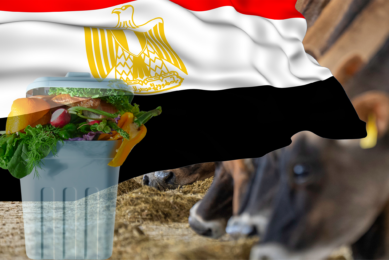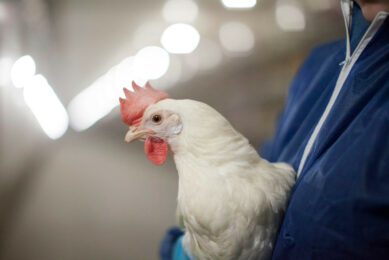Betagro steps on carbon footprint
Thai integrator Betagro plans to extend its low-carbon programme to livestock farms and production plants after recently winning approval for its chicken feed to carry carbon-footprint labels from the Thailand Greenhouse Gas Management Organisation (TGO), writes the Bangkok Post.
The company’s chicken-feed plant in Lob Buri was the first plant to join the carbon footprint programme last year May, with assistance from the National Metal and Materials Technology Center, said Suthep Tirapipattanakul, executive vice-president of Betagro, one of Thailand’s leading agri-business groups.
Three products from the Lop Buri plant met TGO criteria, with each kilogramme of the chicken feed given a carbon footprint of between 330 to 360 grammes, he said.
Green house gas emissions
The carbon footprint reflects the greenhouse gas emissions from each product over its entire life cycle.
TGO calculates the carbon dioxide equivalent of the emissions from extracting raw materials, transportation and manufacturing all the way to waste management at the end of the product’s life.
The programme will not only help the company cut operating costs, especially from electricity, but also help it meet carbon reduction requirements that other countries are expected to introduce in the near future, he said.
More approvals
The Thailand Greenhouse Gas Management Organisation has so far approved 25 products to carry carbon-footprint labels detailing carbon emissions over the items’ lifecycle.
Agri-business firms that have received the label include Bangsue Chiameng Mill, Charoen Pokphand Foods and President Rice Products.











